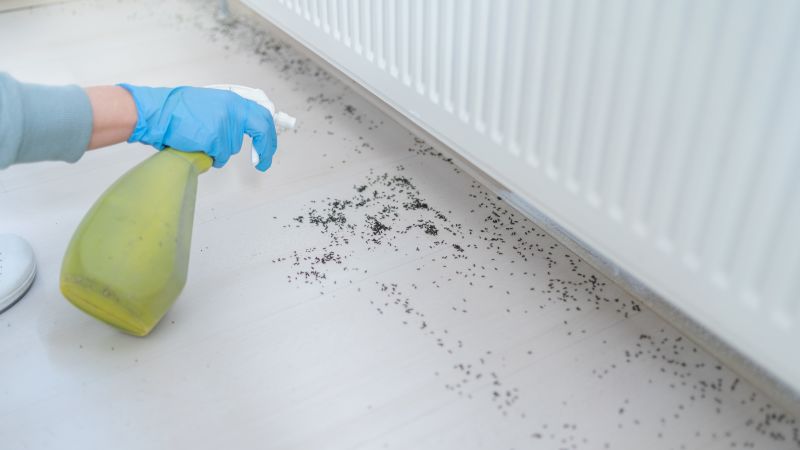Whether there’s an ant infestation inside your home or in the backyard, getting rid of those unwelcome guests can be challenging — that’s why pest control experts recommend reaching for ant killers.
“The various types of ant killers available on the market include sprays, baits and traps,” says Allan Bossel, an operations expert at BBE Bed Bug Exterminator. “Sprays typically do not penetrate the colony, but they offer immediate contact killing. Baiting or trapping attracts ants with a sweet scent or ingredient so they can carry the poison, usually borax, back to their colony which is meant to address the problem from its root.”
Ahead, we’ve rounded up the best ant killers for every need, according to pest control experts. (Don’t forget to keep your indoor and outdoor spaces clean and free of food that attracts ants too!)
“The most effective method is to use ant killer baits or other methods that advertise queen elimination,” says Dr. Tracy Ellis, an award-winning entomologist at FarmSense. “This will eliminate entire colonies.”
Matt Smith, a co-owner of Green Pest Management, also recommends “a combination of baits and non-repellents.” Non-repellent insecticides are undetectable to pests and will not kill them on contact — instead, they are carried by the pests back to the colony.
“The products that work the best for social insects, in my experience, have been ones that contain fipronil,” Smith says. Fipronil, according to the National Pesticide Information Center, “is a broad use insecticide that belongs to the phenylpyrazole chemical family.”
According to Smith, Fipronil is a time-released substance that “spreads like a bacteria — it will attach to the arm and leg follicles and spread from one ant to another.” Smith also says that fipronil is a pet-safe product as it’s “used in some flea and tick treatments for pets,” but make sure you read the instructions and apply it correctly.
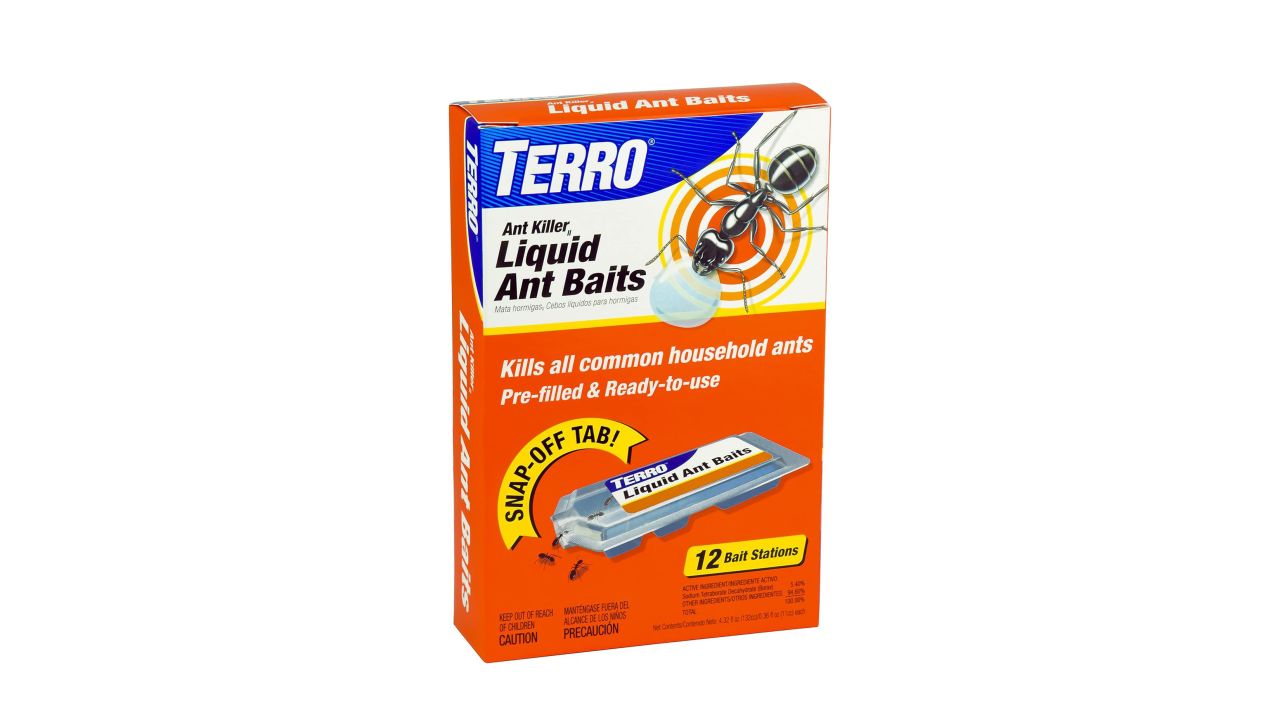
“Bait stations or gel products registered for indoor use that target the queen, used according to label directions, are the best for indoor use,” Dr. Ellis says. To use the Terro ant killer, all you have to do is snap off the tab and place the bait station wherever you’ve seen ants.
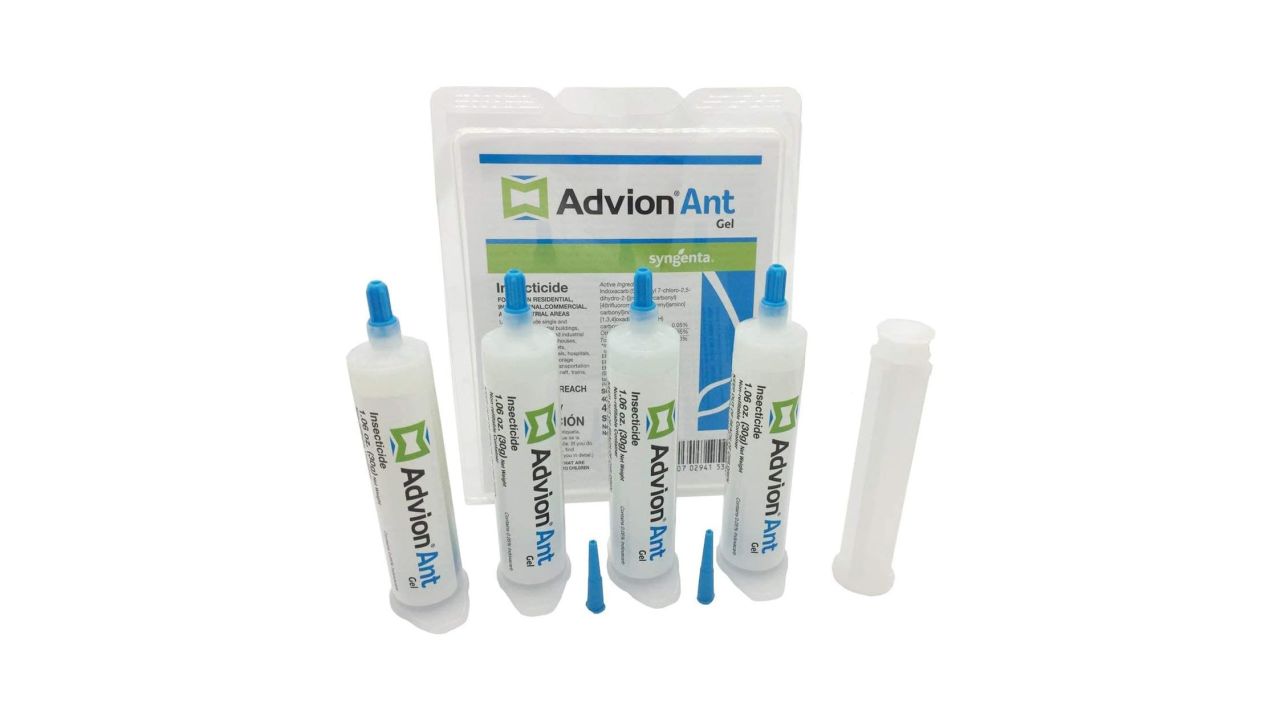
You can also use a gel bait, like Advion Ant Gel, indoors. “It attracts ants while killing the entire colony,” Bossel says. “Be cautious if you have pets or kids, and consider something that’s borax-based if you’re worried. Borax kills ants but does not harm pets or children.”
If you’re dealing with an outdoor ant infestation, you’ll need different types of ant killers than you’d use indoors. Shannon Harlow-Ellis, an associate certified entomologist and technical services manager at Mosquito Joe, says granules or specialized treatments are the best products for outdoor use.
But if the infestation is in your garden, there are a few factors to consider. “Pest control in the garden depends on the local species and the type of garden,” says Dr. Ellis, “so do it yourself-ers should consult with their local university extension service.”
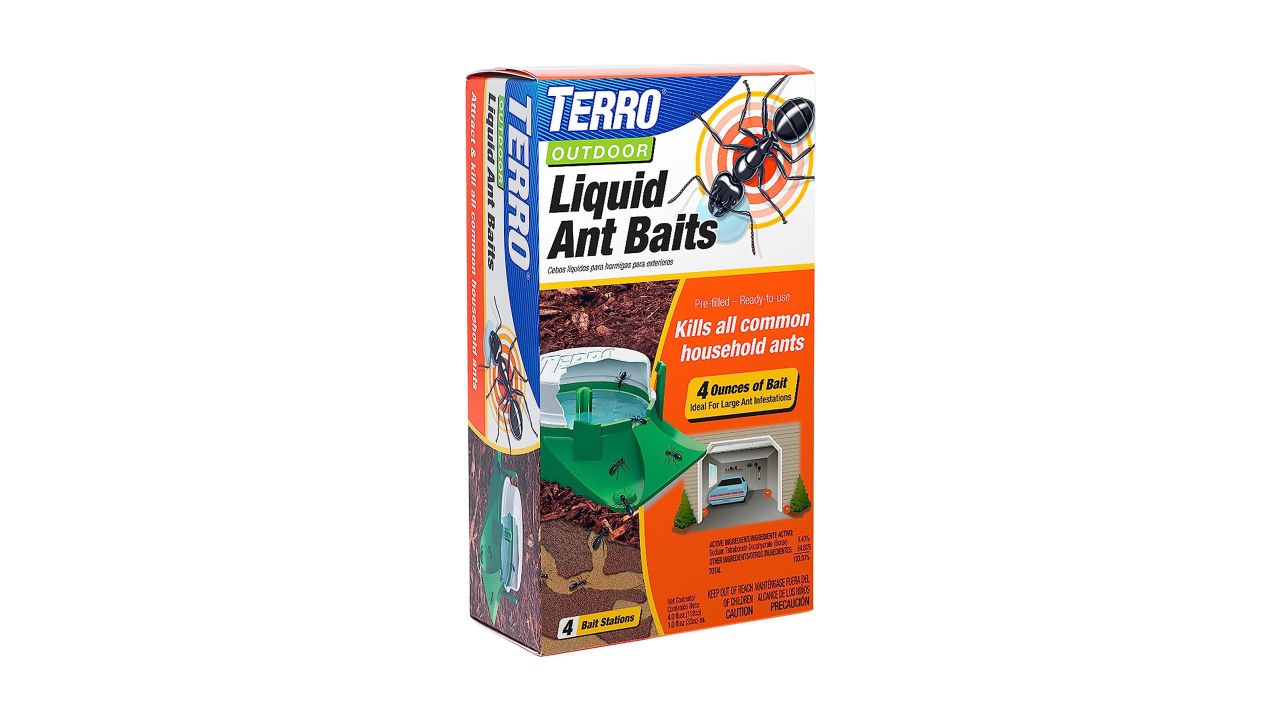
Bossel recommends Terro baits for outdoor use because they are weather-resistant. “The specially formulated borax baits have a delayed poison that allows the ants to return to the colony before it takes effect,” he says. “These baits, when used consistently and as directed, can be really effective.”
Before reaching for a commercial ant spray, experts suggest trying a DIY solution. “A simple spray of 2/3 vinegar mixed with 1/3 warm water and a bit of dish soap will kill most ants on contact,” Bossel says, “and it’s nontoxic to humans and pets.”
The experts we spoke to say that ant sprays are typically not the best solution to an ant infestation, so they should be a last resort. “Ant sprays present certain health concerns,” Bossel says, “so be sure to wear a mask and avoid spraying it in poorly ventilated interiors.” He also cautions against using ant sprays in outdoor settings. “The chemicals in ant sprays can also harm the insects in your yard you may want to keep around, like bees, beetles and butterflies,” Bossel adds.
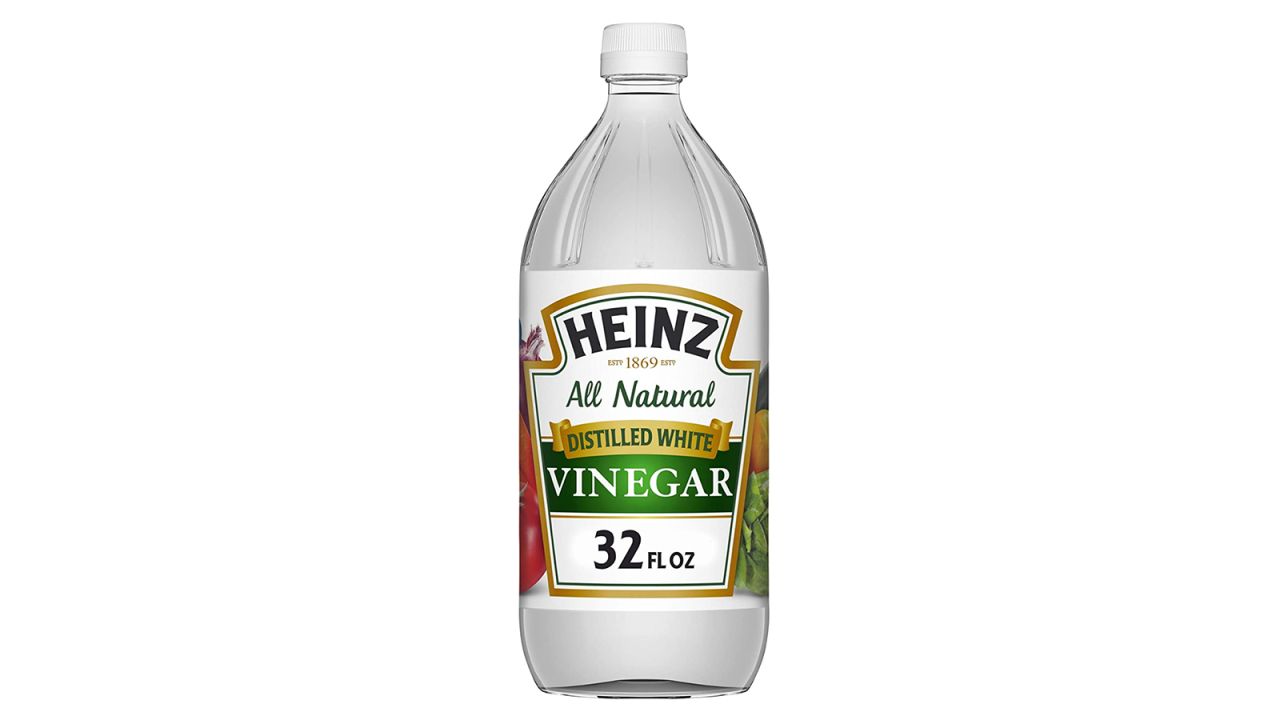
A solution of two parts distilled white vinegar and one part warm water can be used as a gentle ant killer. Mix the DIY solution in a spray bottle for easy application.
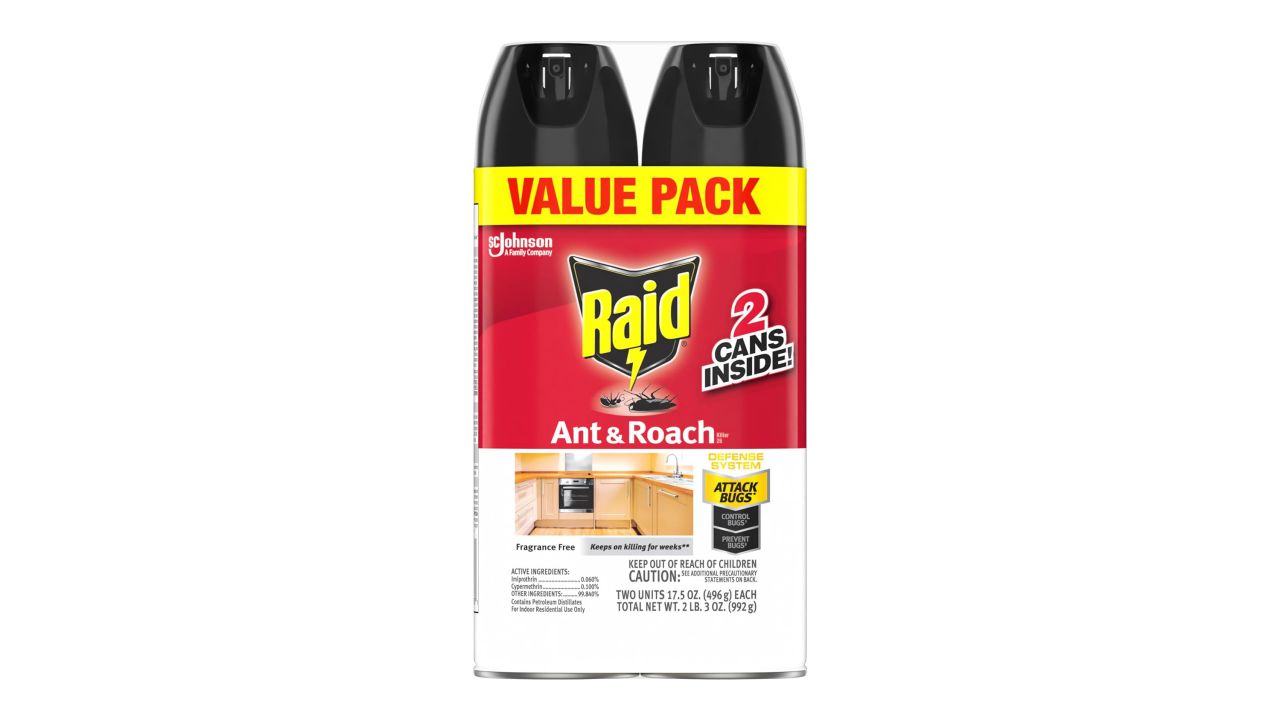
“Raid Ant & Roach Killer Spray provides quick knock-down results for visible ants on contact,” Bossel says. “But is best used as a last resort.” The aerosol spray is available in a fragrance-free formula for those who prefer odorless insecticides.
Dr. Ellis says that bait stations or gel products, used according to label directions, are the best for households with pets. “Part of pet safety is to actively monitor bait stations to be sure they are being used by the ants as intended,” she says. “Replace them to ensure a good supply of bait until ants are eliminated. If bait stations are not being used, then remove them from that location.”
Harlow-Ellis also suggests using “natural methods like diatomaceous earth, essential oils, liquid soap and water, and vinegar solution.”
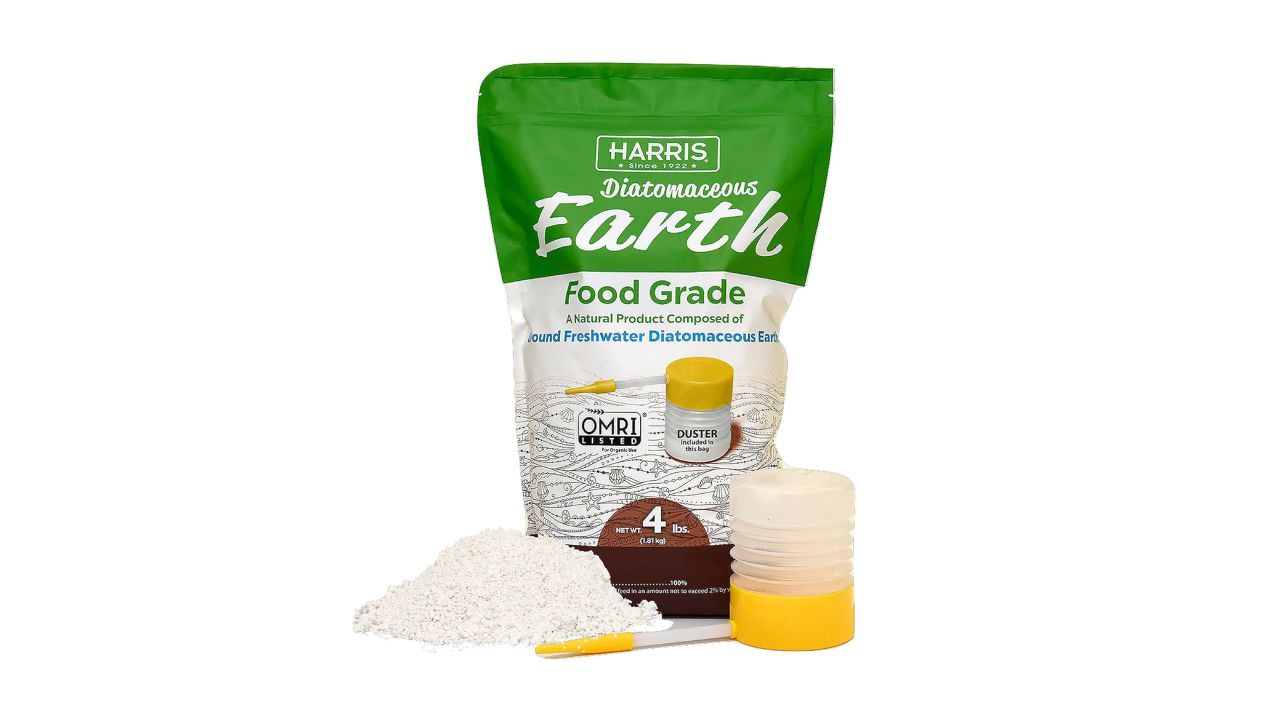
“The safest non-chemical insecticide that’s safe for pets is food-grade diatomaceous earth,” Bossel says. “As long as it’s not inhaled in significant quantities, diatomaceous earth does not harm humans and pets but it does 100% kill ants by mechanically dehydrating them and destroying their exoskeletons.”
If you know you’re dealing with fire ants, you can opt for an ant killer designed for this species. “Registered granular products that target the queen, used according to the label directions, are the best for use in fire ant control,” Dr. Ellis says. However, “laws and regulations of pesticides vary according to state, so it is best if you consult your local extension service,” Dr. Ellis notes.
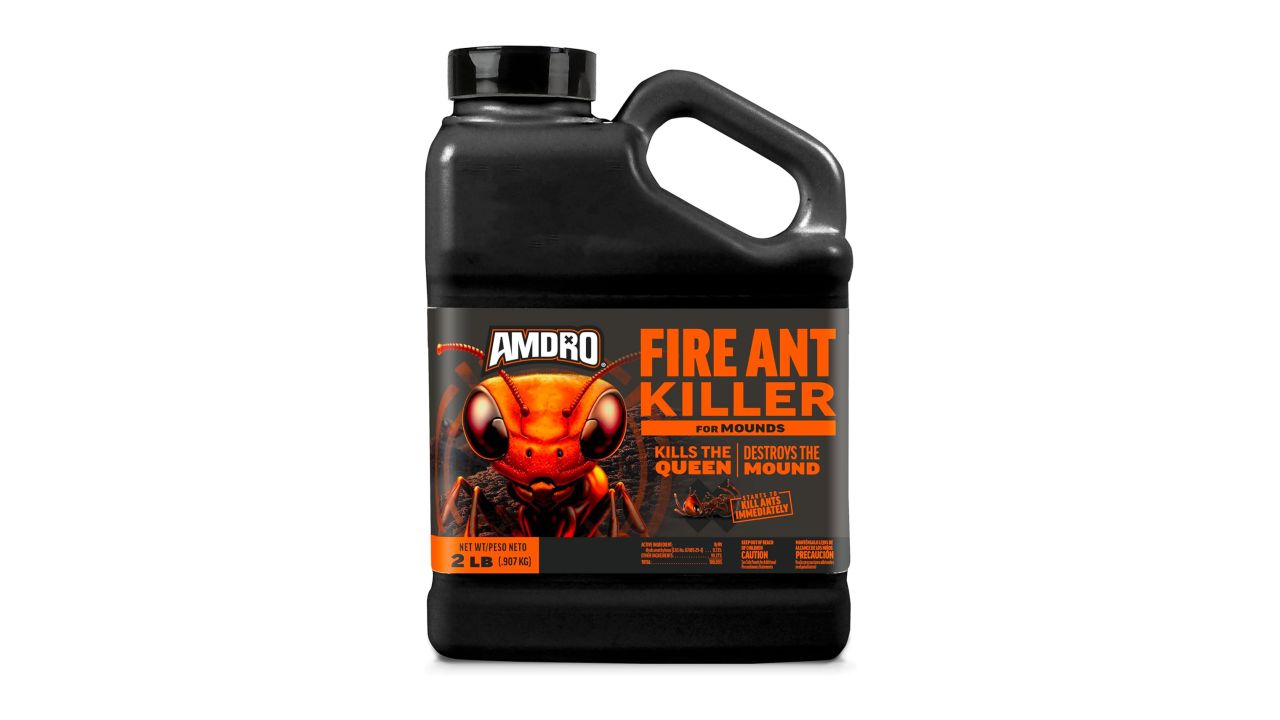
“Amdro Fire Ant Bait is highly effective when it comes to controlling fire ants because it targets and destroys their queen and the entire colony within two weeks,” Bossel says. Make sure to read the label before application, as the directions are different for individual mounds and large infested areas.
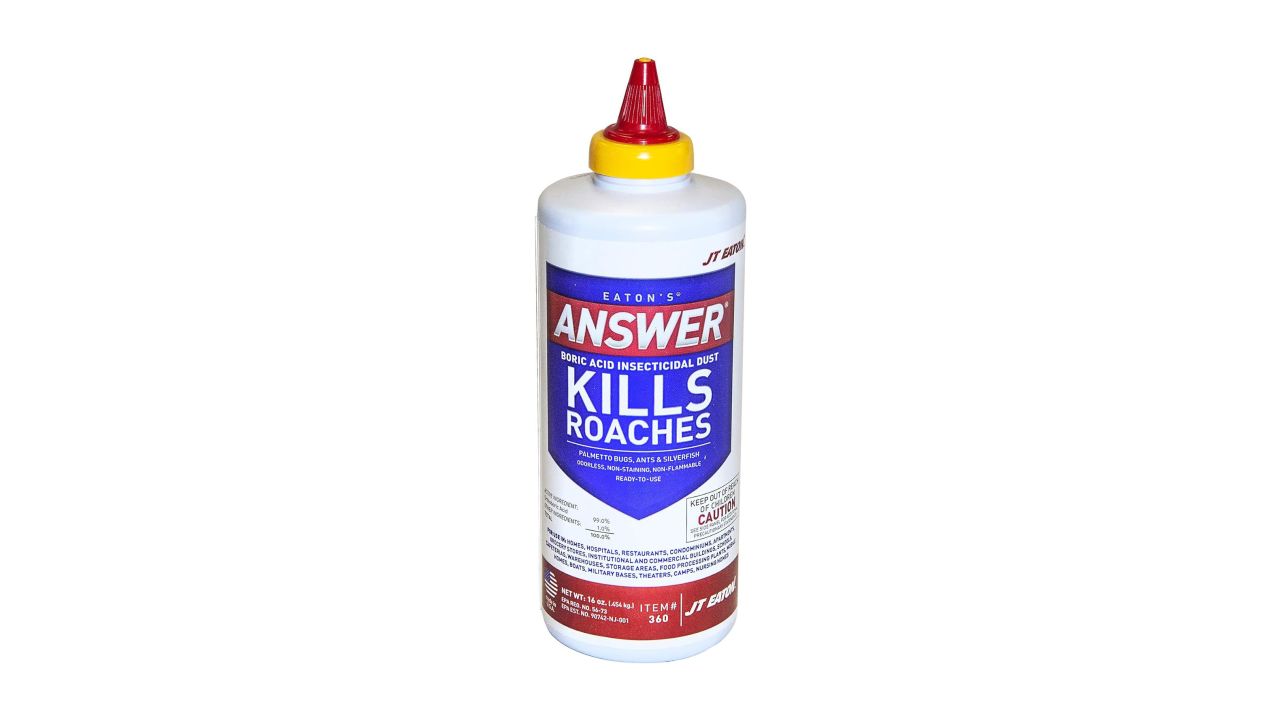
“It’s crucial to identify the type of ant and understand their nesting and feeding habits,” Harlow-Ellis says. “Using the correct type of ant killer for the specific situation will yield the best results.” She recommends boric acid or diatomaceous earth for fire ant infestations.
For any potential carpenter ant infestations, consider calling in the pros. “Carpenter ants damage wood by excavating tunnels for nests,” Dr. Ellis explains. “But carpenter ants are quite tricky because damage is difficult to distinguish from termites. If you think you have any wood damaging pests in the structure of your home, it is best to consult one or several professional pest control companies for advice and treatment.”
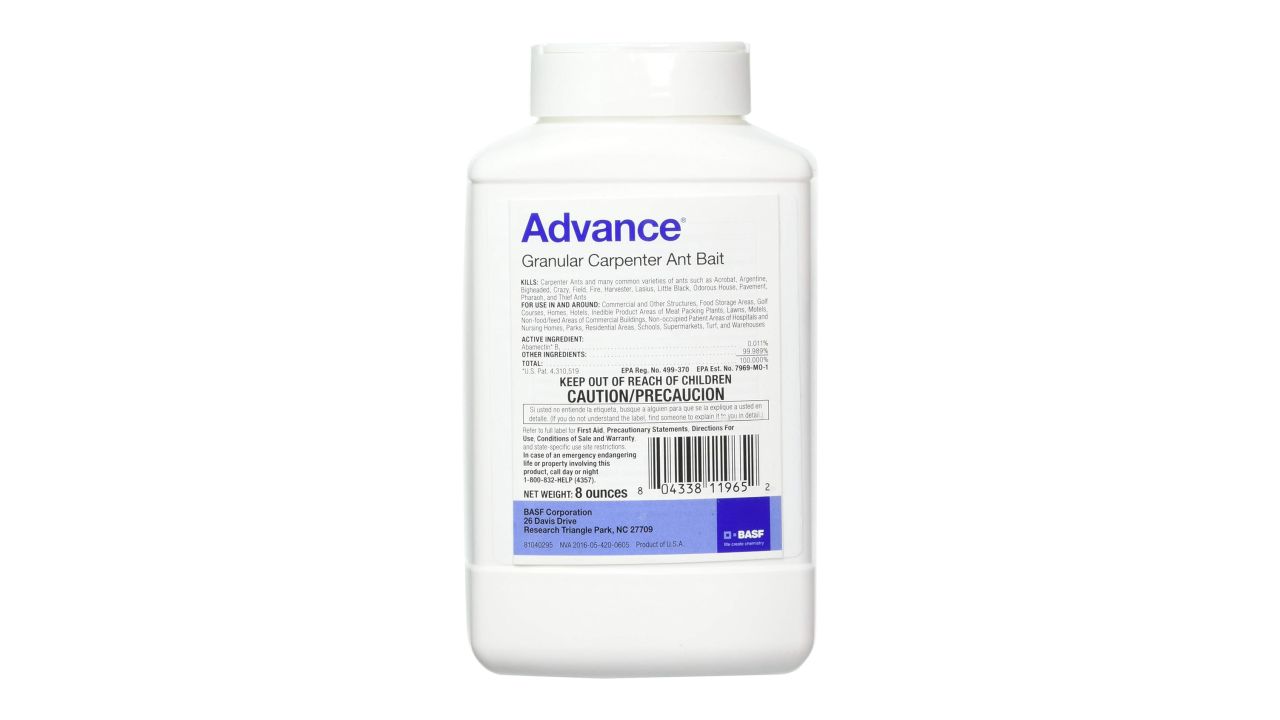
Once you’ve consulted pest control experts and verified you’re dealing with carpenter ants, Bossel recommends using this foam ant killer. “[It] can go down into the voids where carpenter ants build their nests,” he says. “Carpenter ants love rotted wood, so once you’ve deterred them from the area, replace the wood they’re eating in addition to persistently spraying the products that kill them.”

